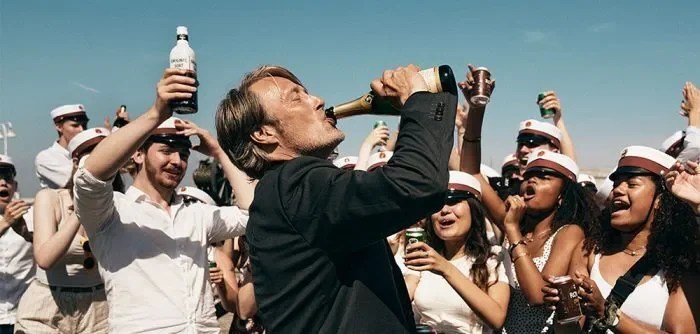My wife and I were at a university reunion last week. Twenty years on from our days of wine and roses, our contemporaries were looking well. Inevitably many of our reminiscences involved occasions when, as my Ulster Presbyterian forebears would say, strong drink had been taken.
I certainly hope that no undercover agents from the World Health Organization were present, listening to our stories and tutting. At a panel discussion at the General Assembly of the UN this week, Dr Saia Piukala, the WHO Regional Director for the Western Pacific, set out his case for increasingly heavy restrictions on alcohol. It wasn’t quite a roadmap to Prohibition, but it wasn’t far off. He praised countries which have been steeply increasing alcohol taxes, and noted with pride that he had banned booze completely from all WHO events within his region.
In all fairness, countries within Dr Piukala’s area of responsibility do face distinct challenges around alcohol abuse. East Asians and South-East Asians tend to have lower alcohol tolerance for genetic reasons, which adds to the social challenges associated with drinking. But his remarks appeared to be addressed specifically to global alcohol policy. Although a plenary at the UN might be considered a mere talking shop, ideas proposed at such sessions do find their way into national legislation, so we ought perhaps to brace ourselves for more nagging and fussing.
Of course alcohol abuse can be a serious public health problem. It is associated with a large amount of violent crime, especially spousal abuse. But public health authorities need to be very careful that they do not overstate the harms associated with light to moderate drinking. There is no clear evidence that such consumption poses significant health problems. If authorities make sweeping statements that are not actually supported by data, they will undermine their credibility and make people less likely to listen to them when it really matters.
It is also true that doctors and scientists have developed a rather one-eyed and partial view of what constitutes a life well-lived. Plenty of people enjoy drinking alcohol and do so without spoiling their lives, just as they enjoy other activities that can carry risks: mountain-climbing, scuba diving, skydiving and so on. Alcohol promotes sociability, giving us that little nudge into conviviality past the barriers of nervousness and inhibition, and contributes mightily to what P.G. Wodehouse called “the feast of reason and the flow of soul”. No one enjoys a hangover, but what great fun there is to be had in that state of jolly benevolence somewhere between stone-cold sober and half-cut. Many of us enjoy developing our knowledge of brewing, or wine-making, and expanding our tastes. These things matter — they are hard to quantify in the sterile mathematical way preferred by public health academics, but they are part of the rich tapestry of human existence. The aim of life is not simply to live as long as one possibly can, regardless of all other considerations.
My mother, as a practice nurse, used to do annual checks for over-75s and was once asked by a man in his early-90s if he should give up his daily glass of sherry. Her answer was very much along the lines that if he’d made it to his tenth decade enjoying a snifter of an evening, then there was no reason to stop now. Sir Kingsley Amis put it another way: “no pleasure is worth giving up for the sake of two more years in a geriatric home in Weston-super-Mare”.











Join the discussion
Join like minded readers that support our journalism by becoming a paid subscriber
To join the discussion in the comments, become a paid subscriber.
Join like minded readers that support our journalism, read unlimited articles and enjoy other subscriber-only benefits.
Subscribe